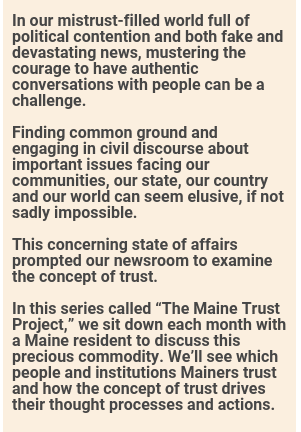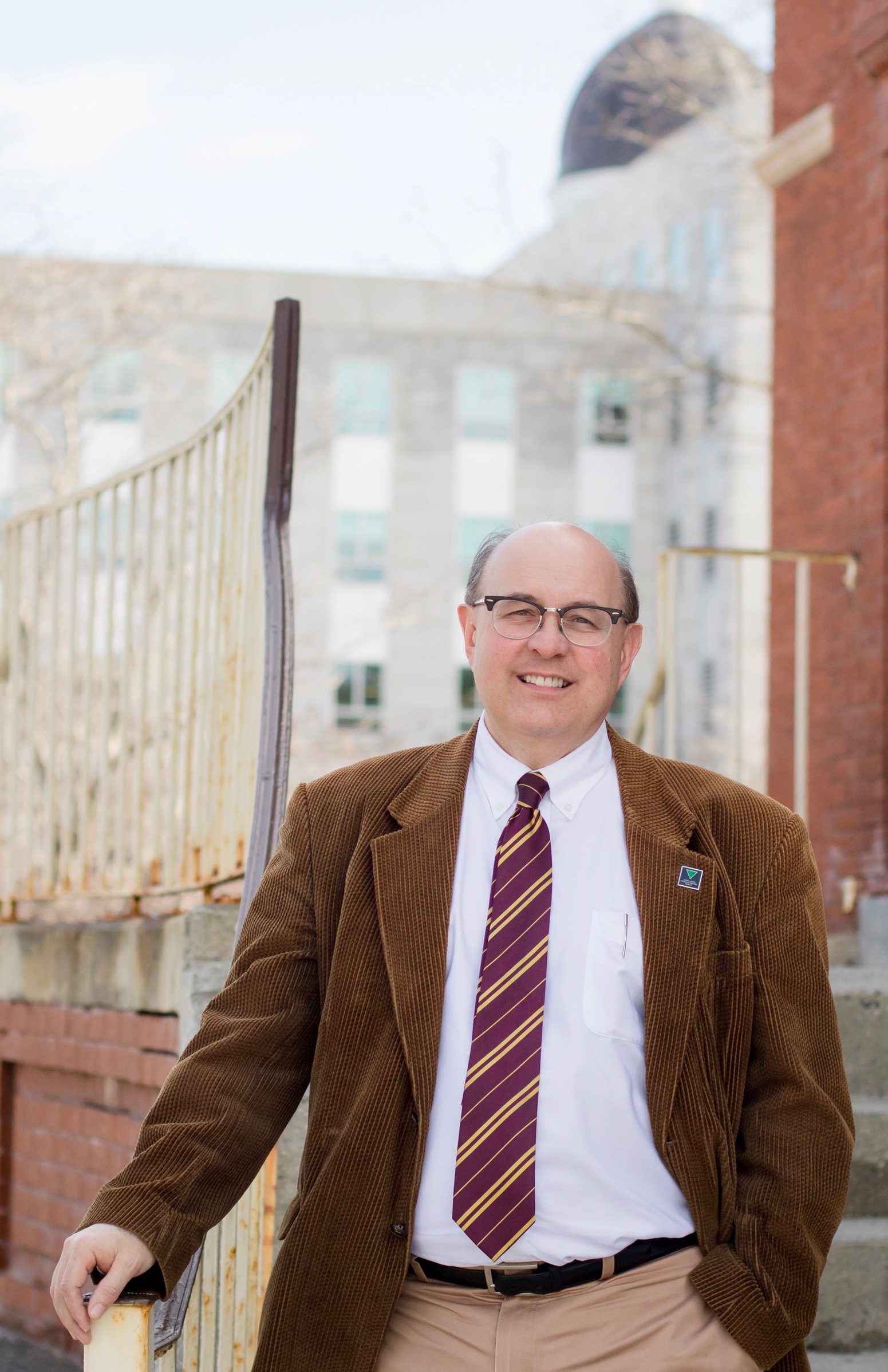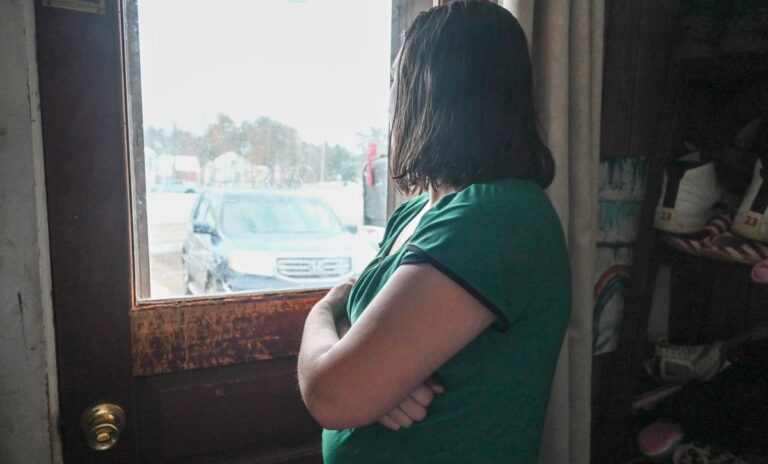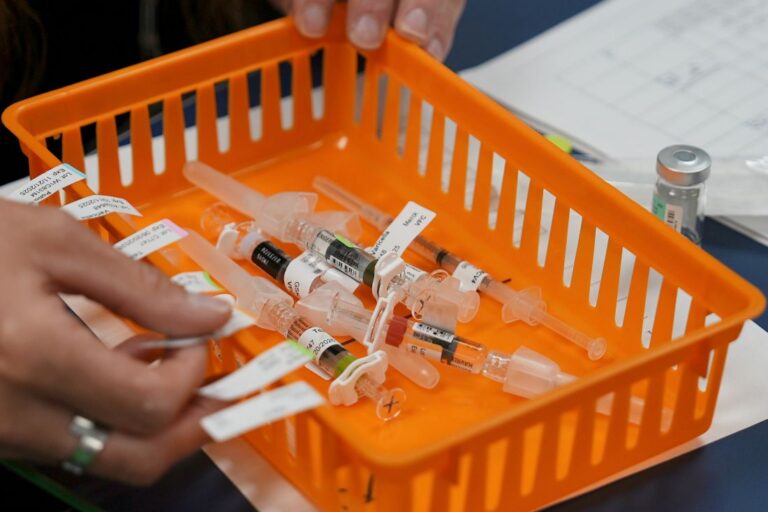By Matthew Dunlap’s own accounting, in his nearly quarter-century in politics, Maine’s Secretary of State has done some pretty important stuff that will be recorded in history books, if not in the minds of today’s Maine residents. But what he considers the most important thing he’s done as a public servant won’t be in history books and didn’t even make the local newspaper.

It happened two years ago when he got an email from a person he didn’t know who heard him speak at a local function. She needed a favor but not for herself. Her friends had a teenage daughter with a terminal illness. The young lady had taken driver’s ed, but because of her illness hadn’t been able to finish the hours required to obtain a license. Like teenagers everywhere, it was really important to her to have one. Could the Secretary of State arrange for her to receive an honorary license?
Dunlap got together with the staff at the statehouse to see what could be done. They found a closed course — a large parking lot of a closed Kmart — and he met her and her parents to give her an abbreviated road test. “I didn’t make her parallel park,” he said.
After she “passed” her road test, he gave her a certificate created by the computer shop at the statehouse that resembled a driver’s license. Before she took some celebration laps in a Cobra that a local dealership provided for the occasion, Dunlap had one more surprise: a license plate with her name on it that she could hang on her wall.
“She lights up like a Christmas tree with this big smile,” he said. “She takes it and she hugs it, and she says, ‘I’ve always wanted a plate with my name on it,’ and she starts to cry, and her parents cried. I don’t breathe because this is one of those crystal moments that you only get once in a lifetime.”
A few months after the young woman died at age 17, her mother sent Dunlap a note, telling him that day in the former Kmart parking lot had been the first time her daughter smiled in three months.
“That is the most important thing I’ll ever do as a public servant,” Dunlap said. “Bringing a moment of happiness to a dying child.”
Q&A
Who meets your definition of trust?
Dunlap: Everybody meets it their own way.
Who doesn’t meet your definition of trust?
Dunlap: Well, I am not going to name names, and to speak generally is too broad to be meaningful. But this topic raises the question: If you go with a bare definition of trust, meaning somebody doing what you predict they’re going to do — if a politician takes a bribe — is that a breach of trust if you expect him to do it? So it’s a matter of perspective, right? In general terms, I could say that politicians who violate the public trust in some way don’t meet my definition of trust in the strictest sense, but I think it’s more nuanced than that. What it comes down to is the difference between someone who has violated the public trust willfully and someone who is just trying to do what he or she thinks is the right thing in that moment — which may turn out to be the wrong thing.

What breaks trust for you?
Dunlap: Breaking trust can mean a lot of different things. We see plenty of examples of politicians who break trust. Those tend to be large-scale incidents, like (former Illinois governor) Rod Blagojevich trying to sell Obama’s senate seat. But trust can be broken because of “smaller” things. For me, breaking trust can be as simple as not responding directly to someone — putting somebody through the mill, like with an auto-answer phone service instead of a live person. We’ve been conditioned to expect that treatment. All the time I hear from people — they’ll reach out and they’ll say “I’m sorry to bother you.” You know, it’s in my job description to be bothered. That’s why I’m here.
Can broken trust be healed and if so, what has to happen for healing to take place?
Dunlap: Whether or not broken trust can be healed, that gets into the realm of forgiveness, which is very personal. I don’t think that in public service, people feel a need to heal. If you have public officials charged with a public trust and they violate it, it’s about holding them accountable — there is no healing. I think we like to say we believe in second chances, and you do see people in public life who have been disgraced who do come back, but mostly politicians don’t get any pass. Once you turn your back on the people who put you where you are, then you can never return the pieces of silver. You’ve betrayed the trust. Before Watergate, people trusted government more, but Watergate changed the public’s trust of government, and I think there’s really no way to repair that damage. It’s in our culture now.
Has your definition of trust changed over the years?
Dunlap: No, it hasn’t changed. I trust people until I have reason not to. For example, doing this interview with you. We’re engaging in a social contract around trust. If you ask me a question, I’m going to answer it straight. If you tell your story at an angle, I’m not going to talk to you again. So I trust you to write an honest story. You trust me to answer your questions, and then in return, your audience trusts you to tell something that they can believe.
Do you think the cultural definition of trust has changed over the years?
Dunlap: I think it’s more a matter of trust being one of those words that people don’t understand or that it can be interpreted in different ways. When I was on the Wabanaki-State Child Welfare Truth and Reconciliation Commission, we spent a lot of time trying to understand what those two words meant: truth and reconciliation. What is truth? Truth really means something different to different people — even people who were at the same event because they have a different perspective, they saw it from a different angle. It’s the same with trust.
What issues on a local/state/national/international level do you think are important?
Dunlap: The shorter list is what’s not important. Right now we’re facing a huge threat with the coronavirus. Obviously climate change is also huge. So is healthcare. But I think one thing the virus is teaching us is that borders are artificial and that everything you thought was important before really is not all that important. It’s hard to say what the future is going to hold for us.
What worries you?
Dunlap: I try not to worry too much about things I can’t control, but obviously I worry about the direction we go in. Are we doing the right thing? Sometimes you don’t know. You just plunge forward and try to do your very best and hope you get it right. Like with the coronavirus. I can’t control the coronavirus. I do my best. I try to keep people safe. That’s why I sent all the motor vehicle people home. Is that the right decision? I don’t know.
What inspires you?
Dunlap: Little things inspire me. I always tell people you don’t need to be secretary of state to make a difference. When my father died, a former classmate of my oldest sister flew back to Maine to be at his funeral because when she was a little girl, my father had given her a bunny from our farm that she had fallen in love with. Fifty years later, she flies across the country because of that single act of kindness he did for a little girl. That’s the kind of thing that inspires me. It wasn’t about who he was or what he had achieved. Achievements mean nothing. It’s ultimately about how we treat each other.
Get to know Matthew Dunlap
Age: 55
Hometown: Old Town
Occupation: Maine secretary of state
Religious affiliation: Episcopalian
Political affiliation: Democrat
How he describes himself: I’m incredibly lucky. I have no qualifications for this job whatsoever. I studied Roman history. I was a C student. I was a commercial cook. But not one person in a million — in 20 million — has gotten to do the things I’ve gotten to do, and be a part of the things I’ve gotten to be a part of. So, very lucky, that’s how I describe myself. Very blessed.
How he defines trust: This whole trust thing runs through us like capillaries. It has many facets to it. I think, generally speaking, the basic definition of trust is you can predict what somebody’s going to do before they do it.







